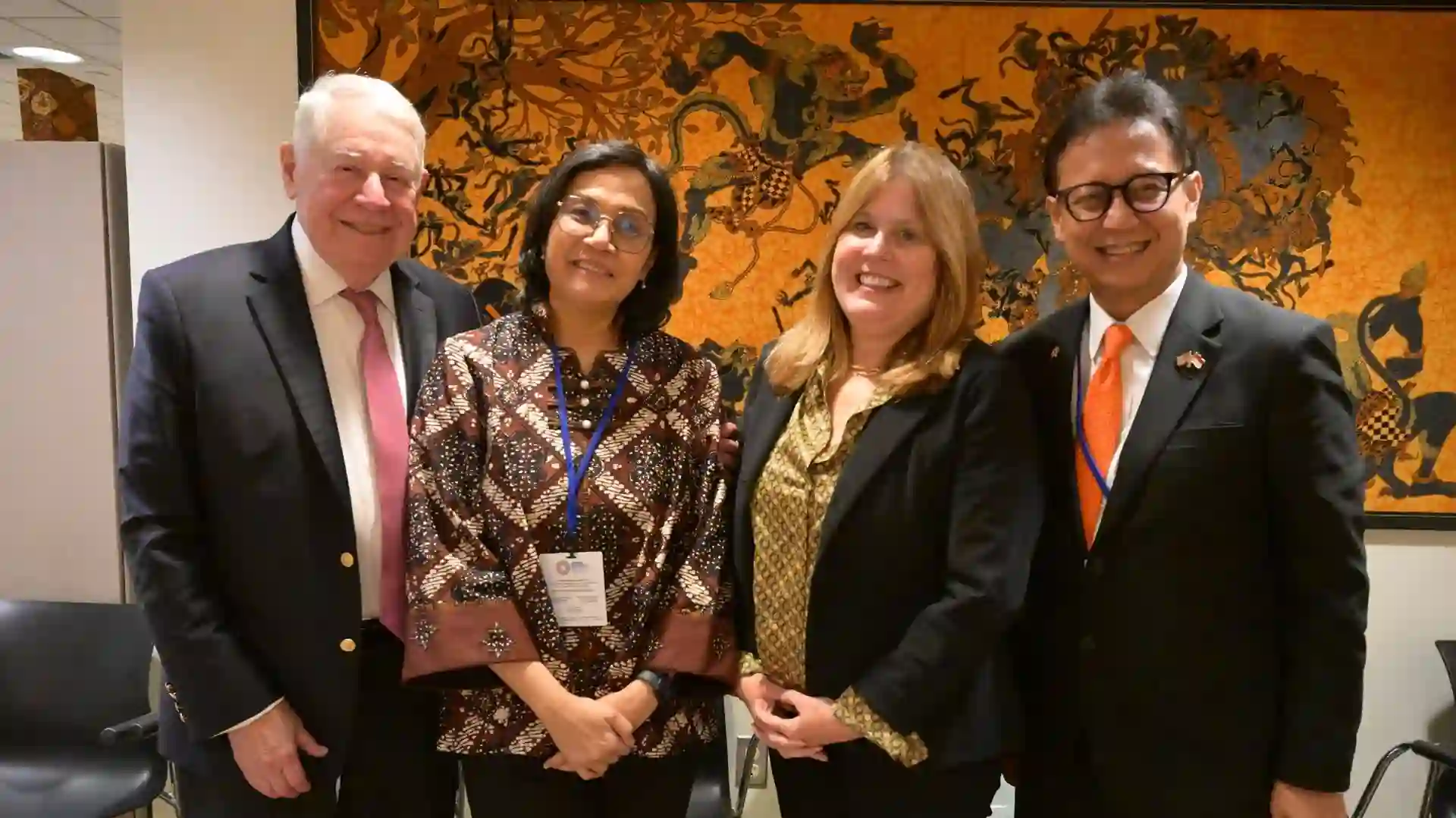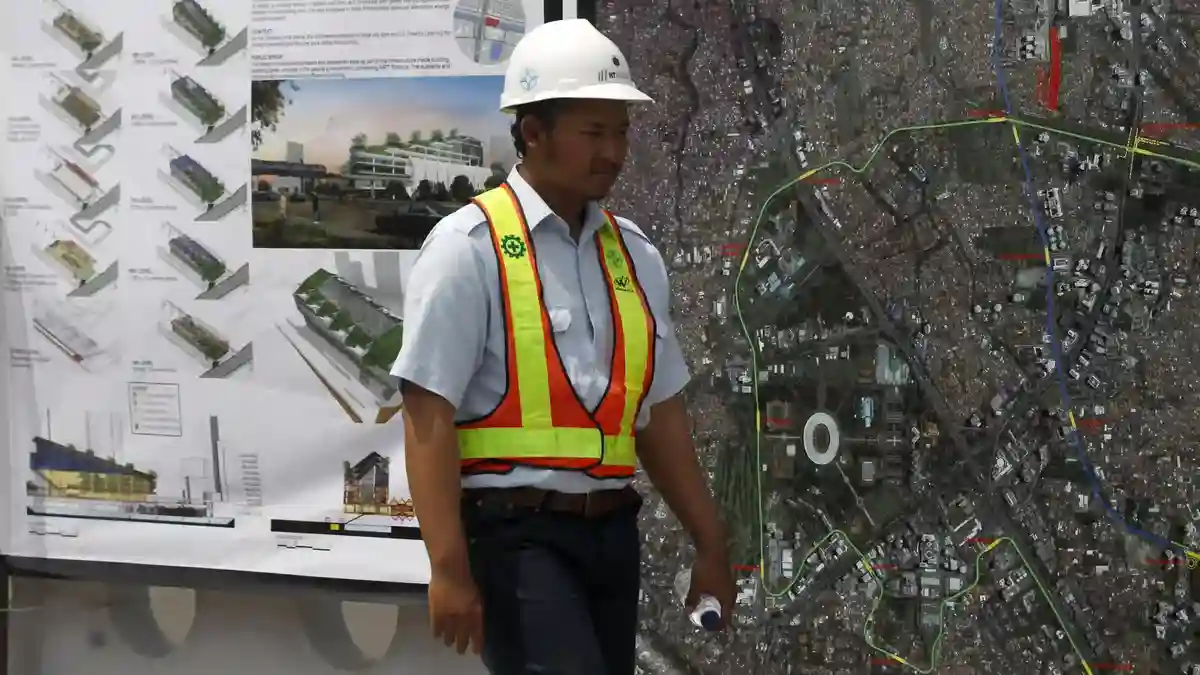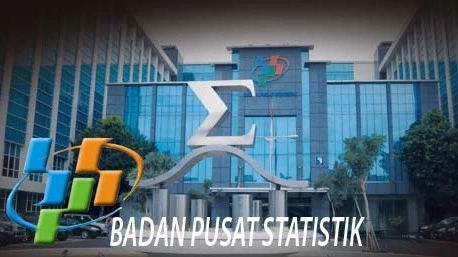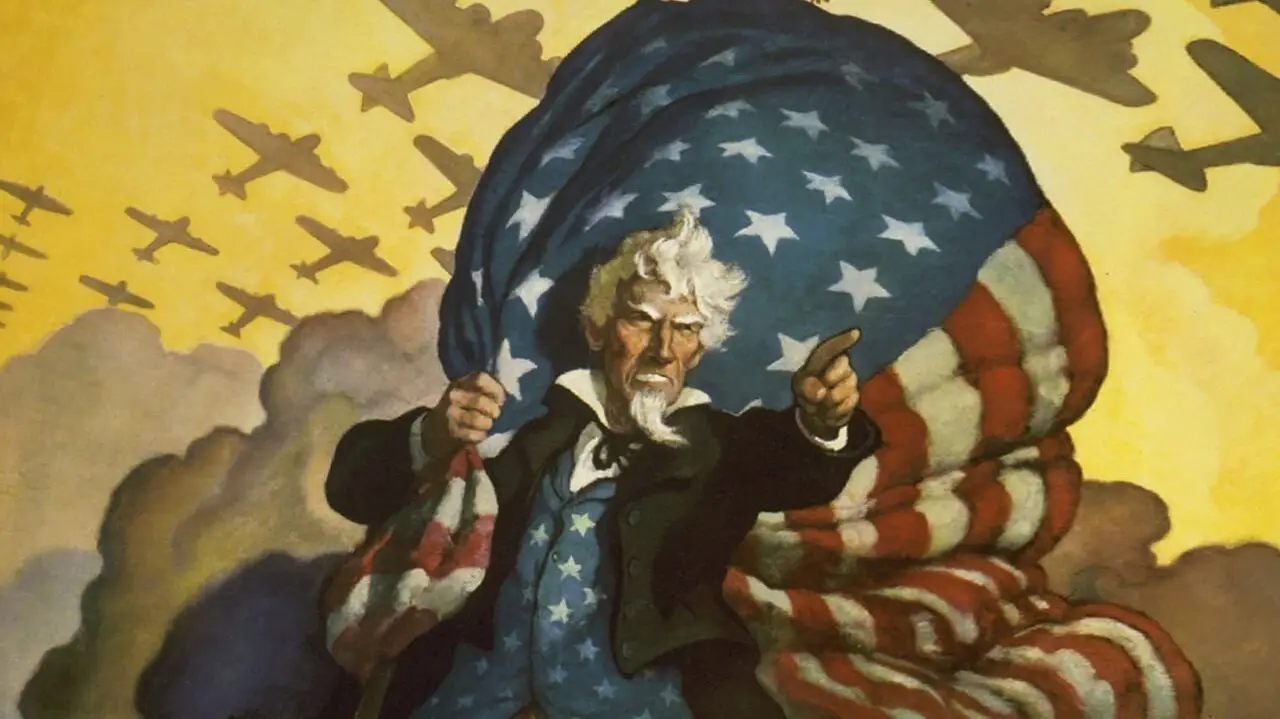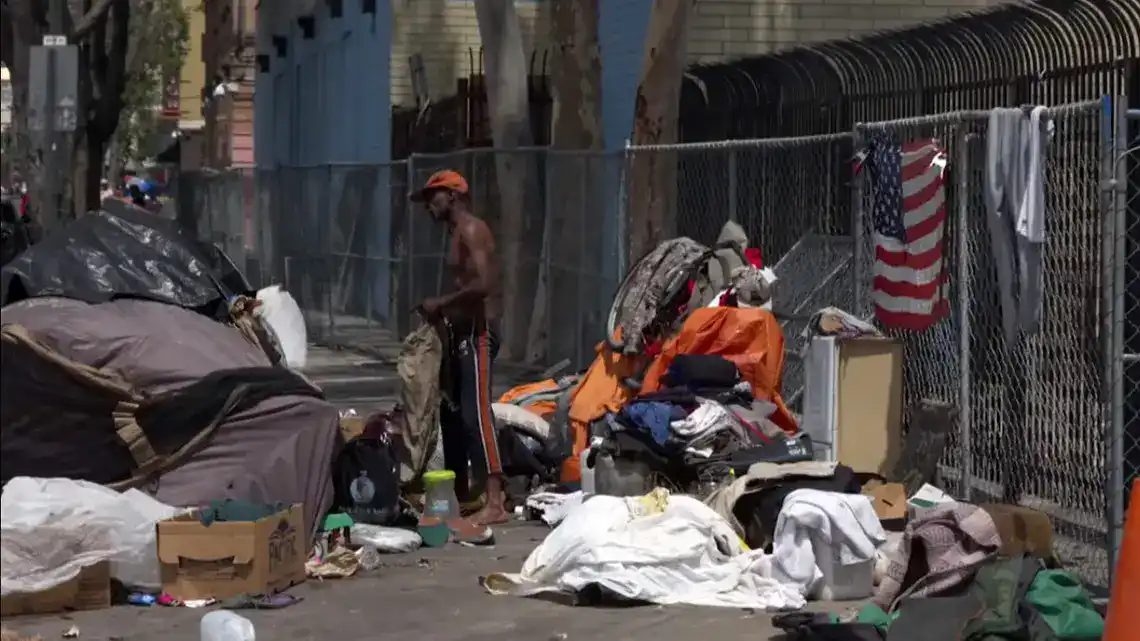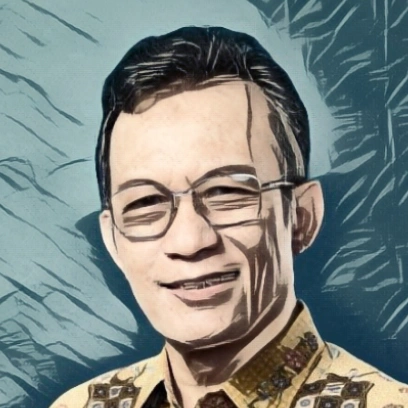
Harun Al-Rasyid Lubis. Professor at ITB, Faculty of Civil & Environmental Engineering, Chairperson IPKC (Infrastructure Partnership & Knowledge Center).
The label "neolib" or "neoliberal" is often thrown around as a pure insult in political discourse, but it's worth asking: So what if someone is neoliberal? What is the actual debate about?
The debate isn't really about the term itself, but about the core ideological conflict regarding the role of the state in the economy and society. To answer "so what if someone is neoliberal?" we have to look at the arguments for and against this set of ideas.
Proponents of neoliberal policies argue that they are the most effective way to achieve prosperity. Their reasoning, based on classical liberal economics, is as follows:
Economic Growth: Free markets, competition, and open trade are the most efficient mechanisms for allocating resources. This drives innovation, productivity, and ultimately, strong economic growth. A larger "pie" is created.
Individual Freedom: It emphasizes individual choice and economic liberty. Consumers choose what to buy, workers choose where to work, and entrepreneurs choose what to produce without heavy-handed state direction.
Government Efficiency: It seeks to reduce government waste, corruption, and rent-seeking by limiting the state's role to areas where it is absolutely necessary (e.g., enforcing contracts, protecting property rights, providing national defense).
Global Prosperity: Free trade and capital flows allow countries to specialize in what they do best, leading to lower prices for consumers globally and lifting millions out of poverty through integration into the global economy.
From this perspective, a figure like Sri Mulyani Indrawati isn't "selling out the country," but is a pragmatic technocrat using the best available tools to ensure macroeconomic stability, attract investment that creates jobs, and foster long-term growth.
The bitter medicine of cutting subsidies or maintaining credit ratings is seen as necessary for long-term health, even if it's painful in the short term.
The Criticisms and Real-World Consequences
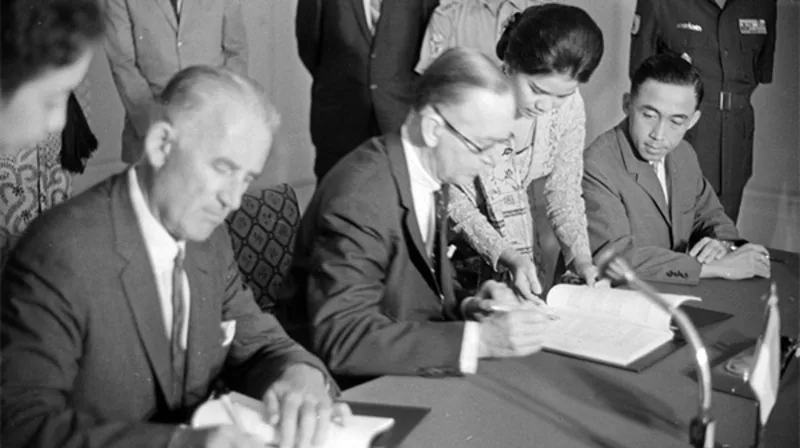
Critics argue that the theoretical promise of neoliberalism fails in practice, leading to severe negative consequences:
Rising Inequality: This is the primary criticism. Neoliberal policies often lead to wealth concentrating at the very top.
Privatization can create private monopolies, tax cuts often benefit the wealthy most, and deregulation can weaken labor unions and suppress wages. The "trickle-down" effect often doesn't happen, or happens too slowly.
Erosion of Public Goods: The push for privatization and austerity can lead to the underfunding of essential public services like healthcare, education, and infrastructure.
This creates a two-tier society where quality services are only available to those who can pay.
Financial Instability: Deregulation of the financial sector (a key neoliberal tenet) is widely blamed for increasing systemic risk, leading to catastrophic financial crises like the 2008 Global Financial Crisis.
Corporate Power: Excessive deregulation can allow corporations to gain enormous political power, leading to a form of corporatocracy where businesses influence laws to suit their interests rather than the public's ("rent-seeking").
Social and Environmental Damage: The single-minded focus on GDP growth and efficiency often ignores social cohesion and environmental sustainability.
Corporations may externalize costs by polluting the environment or exploiting workers to maximize profit.
From this critical perspective, a neoliberal like Sri Mulyani is seen as prioritizing capital over people, serving the interests of global markets and domestic oligarchs at the expense of social justice, economic equality, and national sovereignty.
The Indonesian Context

In Indonesia, this debate is incredibly charged because it's tied to the traumatic memory of the 1997-1998 crisis.
The International Monetary Fund's (IMF) Structural Adjustment Programs were the ultimate embodiment of "neoliberal" policies imposed from the outside. They involved:
Austerity: Cutting social spending.
Privatization: Selling state-owned assets to private (often foreign) entities.
Deregulation: Opening markets.
For many Indonesians, these policies are associated not with prosperity, but with the suffering and chaos that led to Suharto's fall.
Therefore, any policy that smells like austerity, privatization, or favoring foreign investment is immediately viewed with deep suspicion and labeled "neolib."
So, if someone is called "neolib," it matters because it places them in the center of a fundamental political conflict:
It's a debate about values: Is the ultimate goal efficiency and aggregate growth, or is it equity and social justice?
It's a debate about method: Should development be driven primarily by the private sector and global markets, or should the state play a strong directive and protective role?
It's a debate about history: Should we embrace the global economic order, or be wary of it due to past experiences?
Read also: Banking on False Hope: Why Indonesia's IDR200 Trillion Stimulus Needs to be More Than Money
Therefore, the label "neolib" is far more than just an insult. It's a shorthand for a specific worldview on how an economy and a society should be organized.
Whether that worldview is right or wrong, beneficial or harmful, is the essence of modern political economy. The answer to "so what, if someone is neoliberal?" depends entirely on which set of arguments and values you find more compelling.
Given Presiden Prabowo Subianto's advocacy of people-centered development, the remaining question is how likely it is that Article 33 of the Constitution can be maintained and implemented in the longer term.
This issue will be discussed in the second part of this article.***
Follow The Stance's Whatsapp and Telegram channels for public information, policy news & geopolitic updates.

